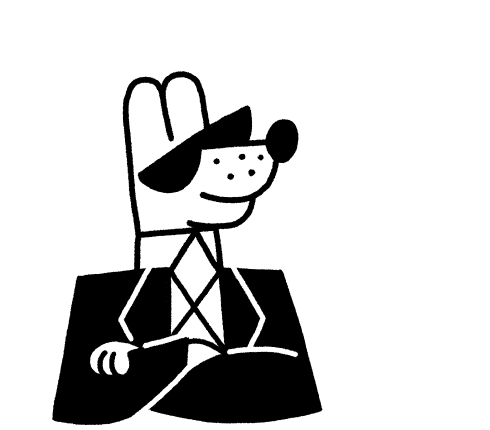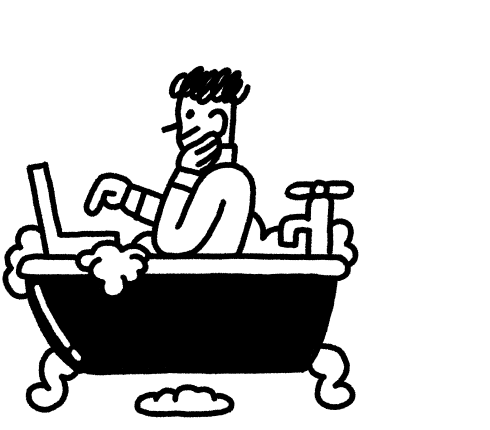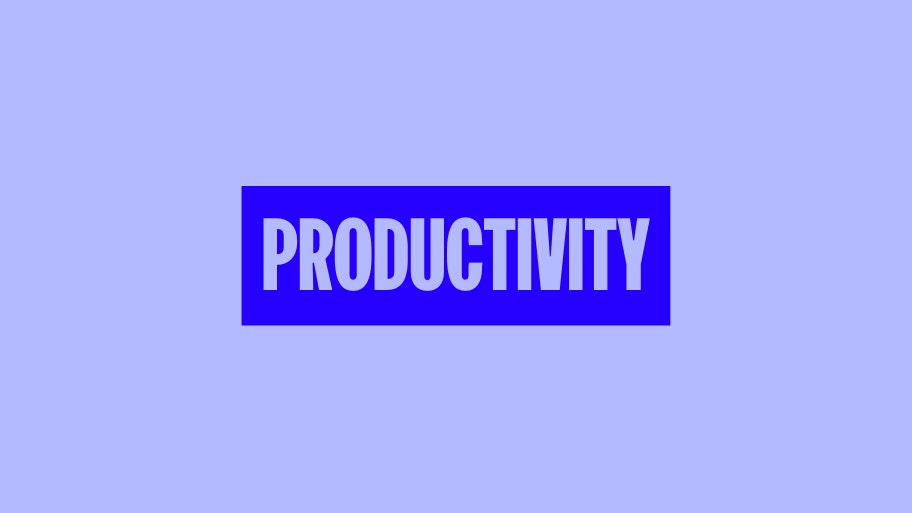The art of ultra-productivity is about knowing how to work with 100 percent effort, then rest with 100 percent effort.
This is what human performance psychologist Anders Ericcson meant when he said, “100 percent when you’re on, 100 percent when you’re off.” This ebb-and-flow is what defines ultra-productive performers, allowing them to consistently enter flow states and accomplish far more than the average person in a fraction of the time. If you want to maximize your energy output, you have to learn how to maximize your recharging when you’re done.
The quality of your best work depends on the quality of your deepest rest.
LeBron James just won his fourth NBA title as the best player on his championship team, a feat many pundits considered impossible at 35 years old.
LeBron has credited his seemingly-superhuman abilities and consistency to a daily, hyper-strict rejuvenation process. When he’s not performing at world-class levels on the court, his rest time includes a “staggering amount of sleep,” sometimes getting 12 hours of sleep a night. He even takes naps in a hyperbaric oxygen chamber, which he takes with him as he travels for games across the country.
This is not how most people operate. Many people are in a constant state of readiness, poised to answer an email, go to a meeting, or drop whatever they’re doing on the whims of their boss/colleagues.
But this constant state of readiness is exhausting, leaving minimal energy to actually put in quality work. Their ability to be productive diminishes with each minute they’re waiting for “the call” to work on whatever needs their attention. They aren’t able to produce quality work, preventing them from creating a body of work that separates them from the rest of the pack.
Fortunately, you can position yourself to start maximizing your work and rest with just a few simple tweaks, allowing you to become more productive than 97 percent of people. Here’s how.

Unlock the guidance, tools, and resources you need to design your best life – then live it. Every. Single. Day.
Design your dream life TodayIf You Want To Regularly Enter Flow States, Develop a Routine Around Your Physiological Peaks.
When we sit down each day and do our work, power concentrates around us. The Muse takes note of our dedication. She approves. We have earned favor in her sight. When we sit down and work, we become like a magnetized rod that attracts iron filings. Ideas come. Insights accrete. – Stephen Pressfield
Your personality is malleable, allowing you to change and upgrade into better versions of yourself.
But most people have an undeniable peak for doing their best work – if you’re a morning person, a night owl, or somewhere in between, there’s a time of day when you can do your best work.
Working in the outdated nine-to-five workday usually doesn’t allow you to choose when you work, which is why entrepreneurship has become such a viable and valuable career transition for people in the 21st century. Having the freedom to work when you’re best suited for maximum output is a trademark of the world’s productive people.
If you want to regularly enter flow states, you must find the time of day when you work best. Then, always put in work during that time.

For me, it’s the morning. The earlier, the better. For years, I tried to make it as a blogger. But I never got anywhere. I tried writing as much as I could, but after nearly five years, I’d only written a measly 150 posts, about one a week (and not very good ones at that).
The first time I started consistently waking up at 5:00 am to write changed my entire entrepreneur career. I was able to produce a high-quality article a day, seven times faster than my usual pace. I found my sweet spot, the time when I could be most productive. Within a few months, I went from seeing a thousand views a month to hundreds of thousands of views a month.
I knew I struck gold. I also realized I needed to rest well to maintain this routine, so I started prioritizing my sleep.
I stopped drinking beer and staying out late. I exercised more, tiring myself out before bed. Then I slept hard, waking up at 5:00 am to write during my physiological peak. I started scheduling my life around my physiological peaks as best I could.
Each part – work and rest – helped the other part. The harder I worked, the harder I rested, on and on. In just six months of this work, I was able to quit my full-time job and become a full-time entrepreneur. It’s been three years since then, and I’ve built a six-figure business where I’m consistent and productive, day in and day out.
Find the time of day that works for you. Then put in as much work during those times as possible. This creates physiological energy spikes, queuing your body to enter flow states.
I write only when inspiration strikes. Fortunately, it strikes every morning at nine o’clock sharp. – W. Somerset Maugham
How To Rest Better Than Most People in the World
In his autobiography, Kevin Hart described how a visit to world-champion boxer Floyd Mayweather the night of a signature fight helped him learn how to rest better than ever before.
Just an hour before the big fight, Hart naturally expected Mayweather to be pumped on adrenaline, tense, and ready for the fists to start flying. But Hart was surprised to see Mayweather relaxing on a couch an hour before the fight, lazily watching reruns of The Office and scrolling through his phone.
Hart learned the world’s best performers know when to unleash their adrenaline – during the fight. Not before, not even an hour before. They were always resting until they absolutely needed to work. When the time came, they worked with 100 percent focus. As soon as work was over, back to rest.
If you want to be more productive than most people in the world, you have to learn how to rest better than most people in the world.
In his book Peak, Anders Ericcson popularized the concept of deliberate practice – an extremely focused and productive version of practice. After studying thousands of the world’s top performers, Ericcson and his team realized the world’s best, most prolific performers could only sustain this level of focus for four to five hours at a time.
Now, if I told my old boss, “Hi boss, so this book says it’s only possible to work for four hours a day, so I’m gonna clock out at lunch.” …That probably wouldn’t have gone well!
But the more time you can spend resting to preserve your energy for the real work, the better.
The way to be hyper-productive is to work extremely well for short periods of time. Over time, those few hours add up into a truly prolific body of work, helping you work more (and work better) than most people in the world.
The Harvard Business Review framed it this way: “Most expert teachers and scientists set aside only a couple of hours a day, typically in the morning, for their most demanding mental activities, such as writing about new ideas.”
“While this may seem like a relatively small investment, it is two hours a day more than most executives and managers devote to building their skills since the majority of their time is consumed by meetings and day-to-day concerns. This difference adds up to some 700 hours more a year, or about 7,000 hours more a decade.”
“Think about what you could accomplish if you devoted two hours a day to deliberate practice.”
If you want to be ultra-productive, you don’t have to work 12 hours a day, every day, for months.
You just have to put in a couple of hours a day of extremely focused effort, which can only be sustained by engaging in high-quality rest as much as possible.

In Conclusion
Productivity isn’t about working all the time.
It’s not even about working most of the time.
The art of true productivity is learning to engage fully in your work for just a few hours at a time, then fully disengage so you can do it all again tomorrow. It only takes a few hours of hyper-focused effort a day to accomplish in a month what takes most people years to complete.
Find the times of days where you can easily enter flow states. Start working during those times, which will train your body to consistently enter flow states more and more.
Your highest-quality work is dependent on high-quality rest.




